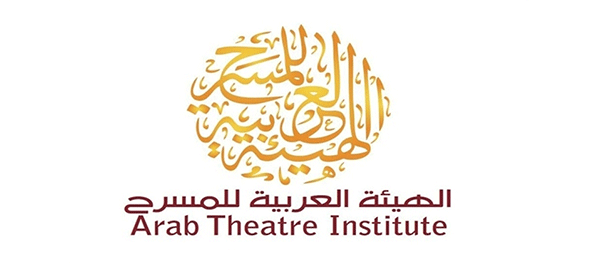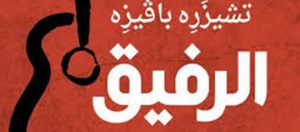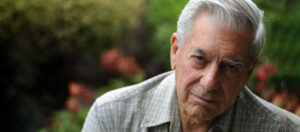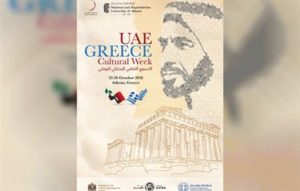The Arab Theatre Institute published two new books among a series of studies, the first book targets amateur and professional actors, while the second one promotes studies that support theatre path in education.
The first book: “Developing the actor’s concentration capabilities” by Egyptian actor, director and professor in Cairo Higher Institute of Dramatic Arts Dr. Alaa Kouka.
The book is a research benefiting actors in developing their ability to concentrate, which positively affects the rest of their creative tools. Dr. Kouka says that the book it is an attempt to introduce the scientific foundations of concentration, as it sheds light on components and various aspects of concentration, it also tackles development factors, and the obstacles that may prevent the actor to concentrate, as well as the concentration relationship with other tools used by the actor.
Dr. Alaa Kuka, in his book, put the fruit of the great scientific efforts in addition to the essence of his creative experience, whereas Arabic references specialized in the field of “Actor Concentration” are almost non-existent, and writings that have monitored the scientific application are rare.
The second book: “Theater Education: The Impact of Theater on the Future of Education” by Dr. Randa Rizk, Professor of Educational Media in Cairo University.
Dr. Yaqoub Al Sharouni says in his introduction to the book, that it sheds light on a very important means in the field of educational development, when the learner becomes an effective and decisive element in the educational process, through theater and acting.
In four chapters, the book deals with the methods of developing the capabilities of adolescents, which is considered one of the important and sensitive stages in building a person as an individual, then building society as an entity.
It also addresses the topic of integrating the strategy of flipped education, active education and turning curricula into plays, and examining the impact of this strategy on literacy and education for the elderly, as well as dropouts from education and open education, as an advanced model.
sharjah 24




